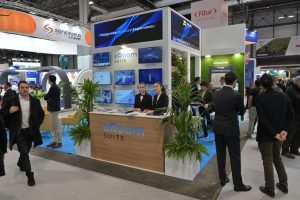The 6th World Tourism Forum Lucerne ended on Friday 3rd May with experts and travel and tourism professionals hailing the role of human capital as essential in the age of disruption in tourism.
Over 550 participants from 80 countries took part in the discussion, which clearly demonstrated that digital transformation is leading the tourism industry into the future.
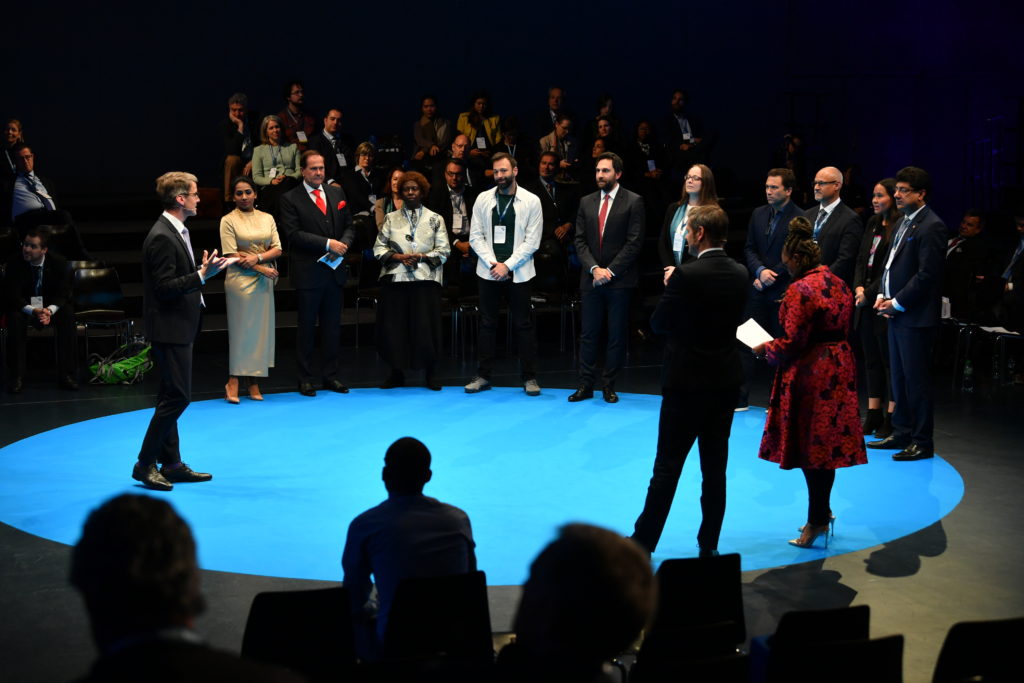
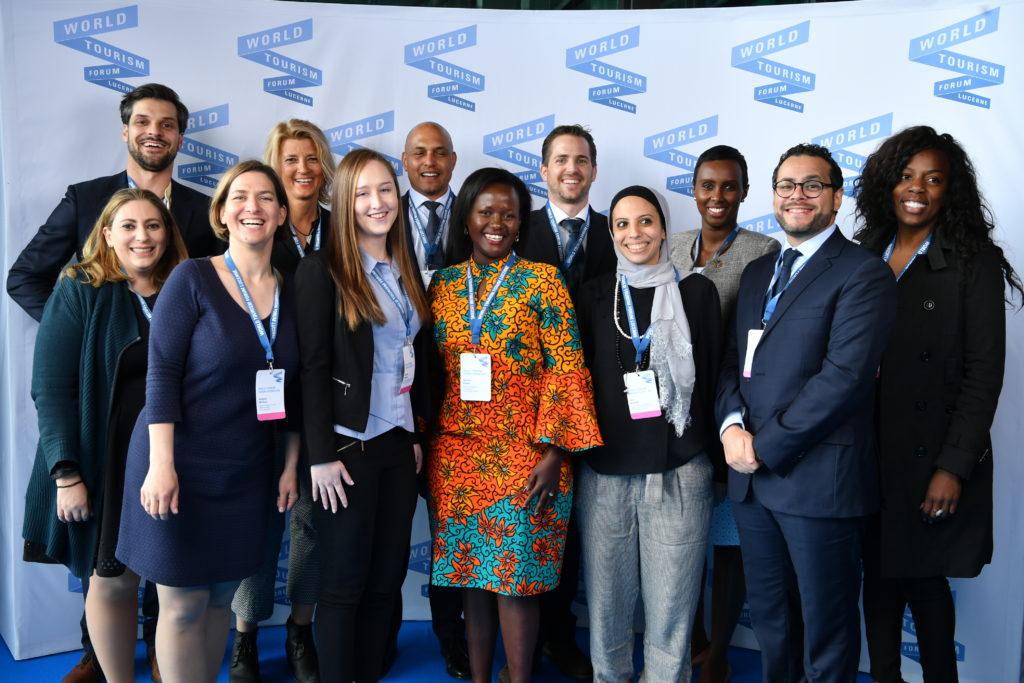
With this year’s event themed “ Human capital in the age of disruption: talent, innovation and diversity” both side events and the parallel sessions discussed thoroughly the topic of innovation, talent and diversity management.
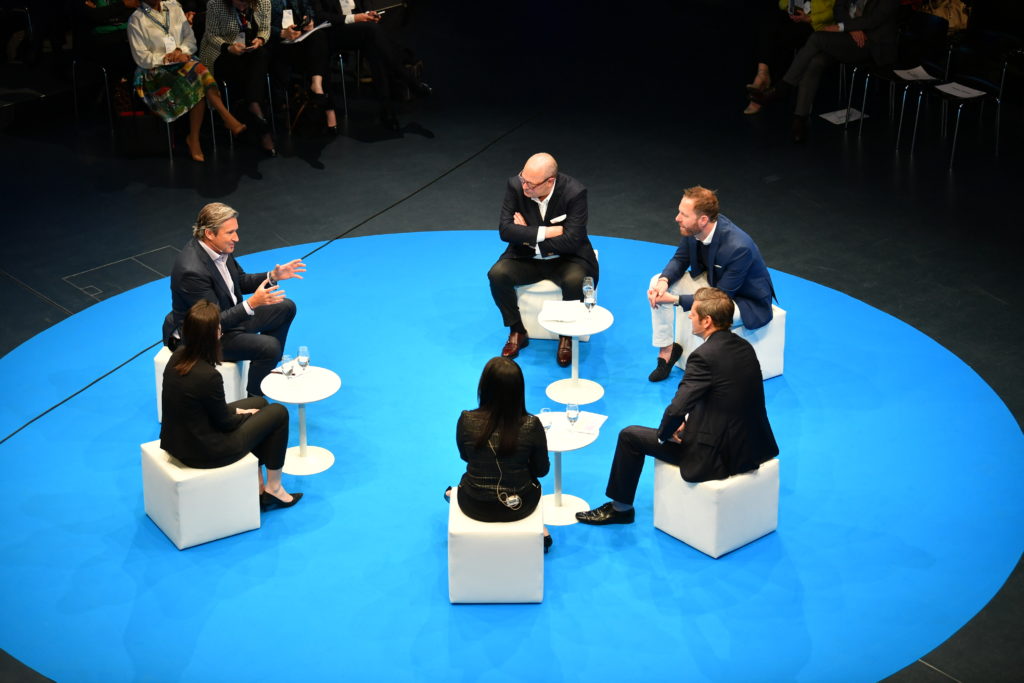
Innovative digital business models are constantly changing the travel, tourism and hotel industries. This technology-driven change forces organizations to question long established structures in order to remain at the forefront of their sectors.
In her presentation, Karolin Frankenberger, Professor of Strategic Management at the University of St. Gallen, outlined the dramatic changes in the tourism industry. “New start-ups in particular have turned the industry upside down with their disruptive business models.
In addition to well-known names such as Airbnb, Booking.com and Uber, new business such as GetYourGuide have emerged.” Professor Frankenberger went on to address why start-ups are so successful and why established companies appear sluggish and fail to add new business models to the market. “The core of transformation is the development of a new disruptive business model. Start-ups benefit from the absence of a long history, which limits agility and often makes innovation difficult. Established companies, on the other hand, have a legacy and an existing business model that has already achieved results.” What can established companies do? ”
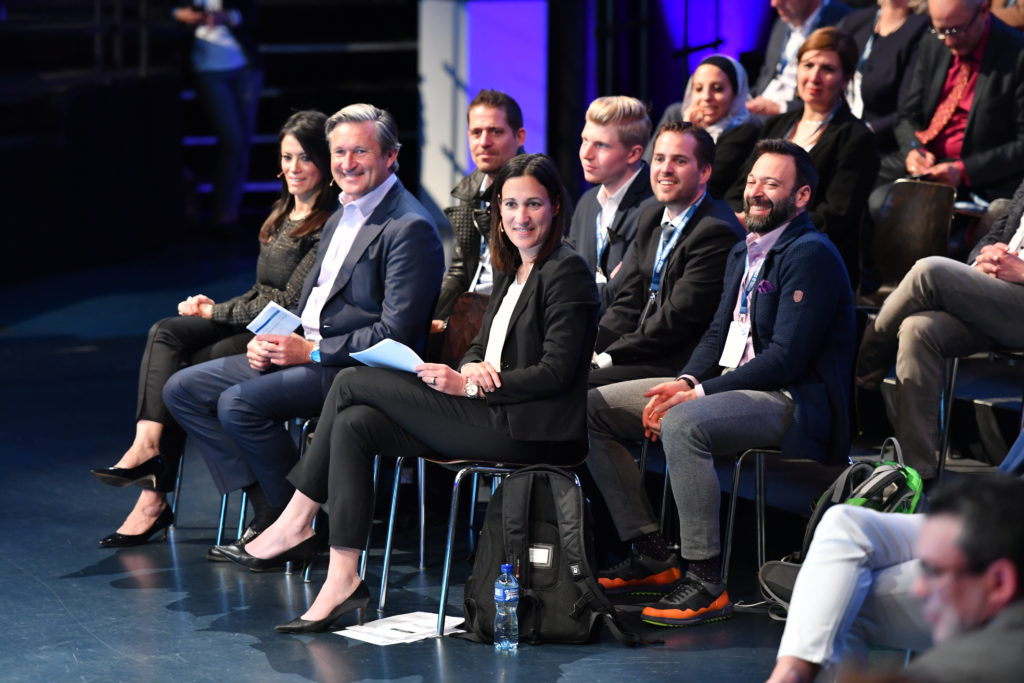
Human Capital is Key
Kate Walsh of Cornell University presented her research on human capital. “The future belongs to those companies whose managers have recognised that working methods need to be redesigned, that know how to promote the agility of each individual and thus their commitment and that further know how to inspire talented individuals. It is the core task of educators, Walsh continued, not only to constantly think about how and what should be taught, but also to consider how work in the technology-oriented world should be understood, defined and redesigned. “It is about how expert knowledge can be used or retained for a company. We need a new approach to the new working environment.”
In his speech, Federal Councilor Guy Parmelin, Head of the Federal Department of Economics, Education and Research, underlined the strength of Switzerland as being a hub for innovation. “Switzerland’s strengths can be seen above all in the innovative strength of the tourism industry,” Parmelin stated. Events such as the World Tourism Forum Lucerne are important platforms and should be seen as genuine drivers of change.
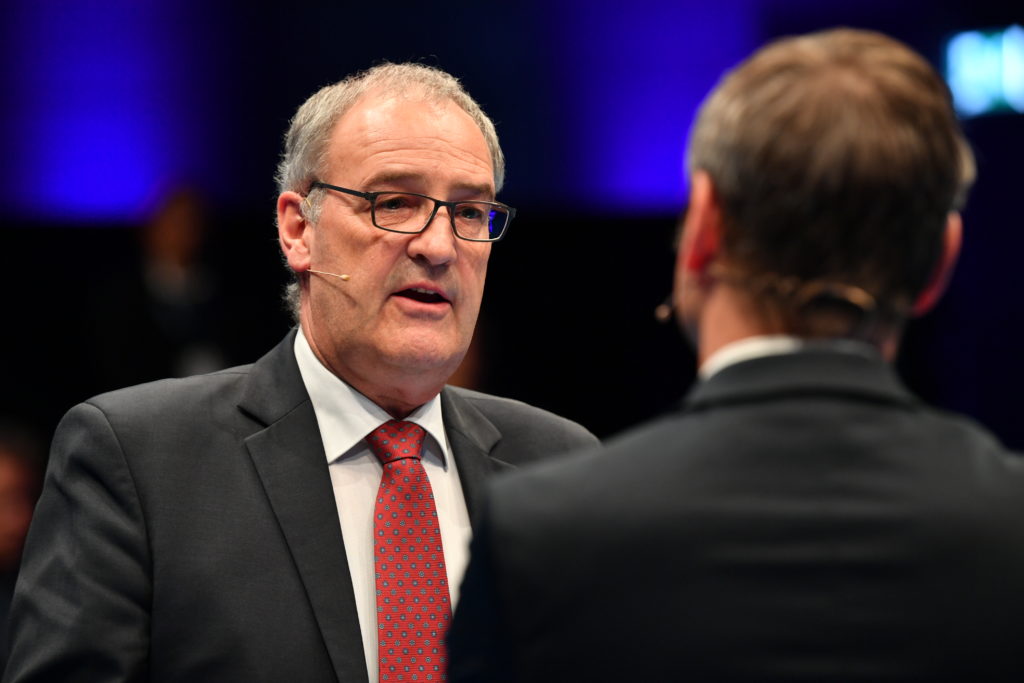
A positive balance
For Martin Barth, CEO of the WTFL, the 6th edition of the Forum has been a resounding success: “Not only did we increase the number of participants, but the feedback has also been positive in all respects. The WTFL has once again proven to be a unique platform he world’s leading companies from the tourism, travel and hospitality sectors meet to shape a more sustainable future’’.
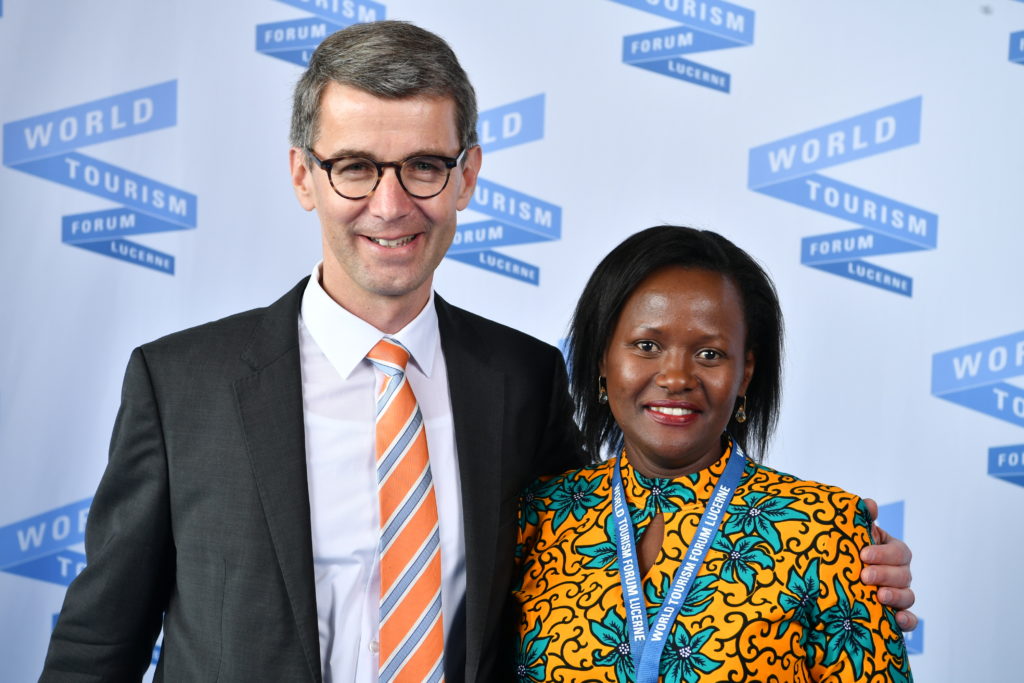
In total, more than 30 lectures, panel discussions, presentations, start-up pitches, award ceremonies, workshops and parallel sessions took place during the World Tourism Forum Lucerne in the KKL and other locations in the city such as the Hotelfachschule Luzern. The guest destination was Ras Al-Khaimah.
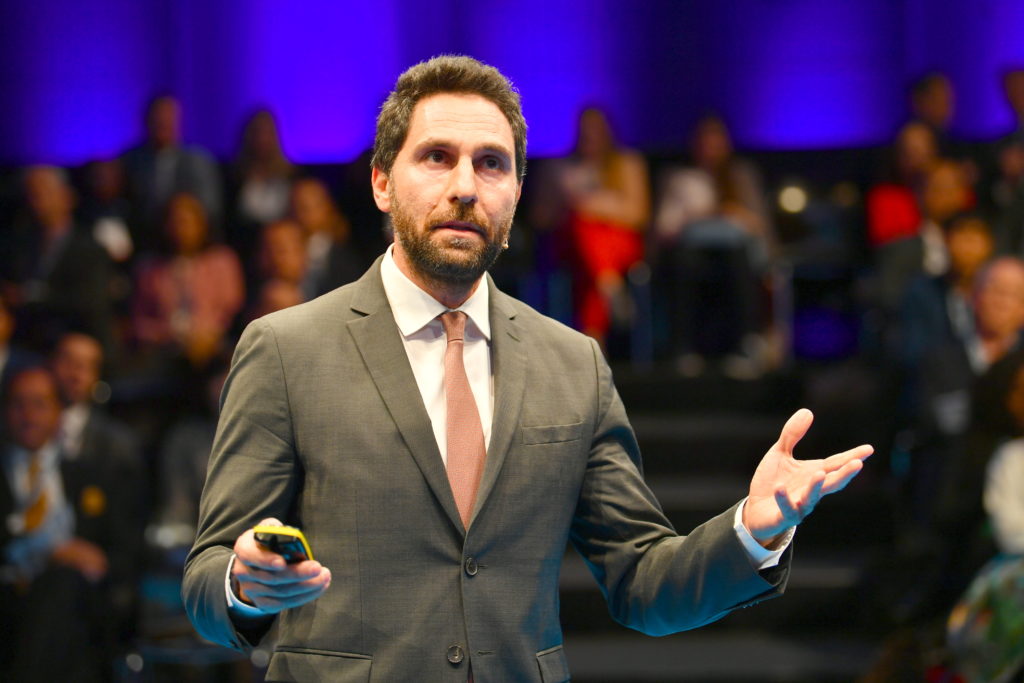
About the World Tourism Forum Lucerne
The World Tourism Forum Lucerne is an exclusive platform where the world’s leading tourism, travel and hospitality companies meet to shape a more sustainable future for tourism. It provides decision- makers with in-depth insights into the core themes of the tourism industry and a unique global network.
https://www.flickr.com/photos/122304274@N05/albums/72157706906498291





